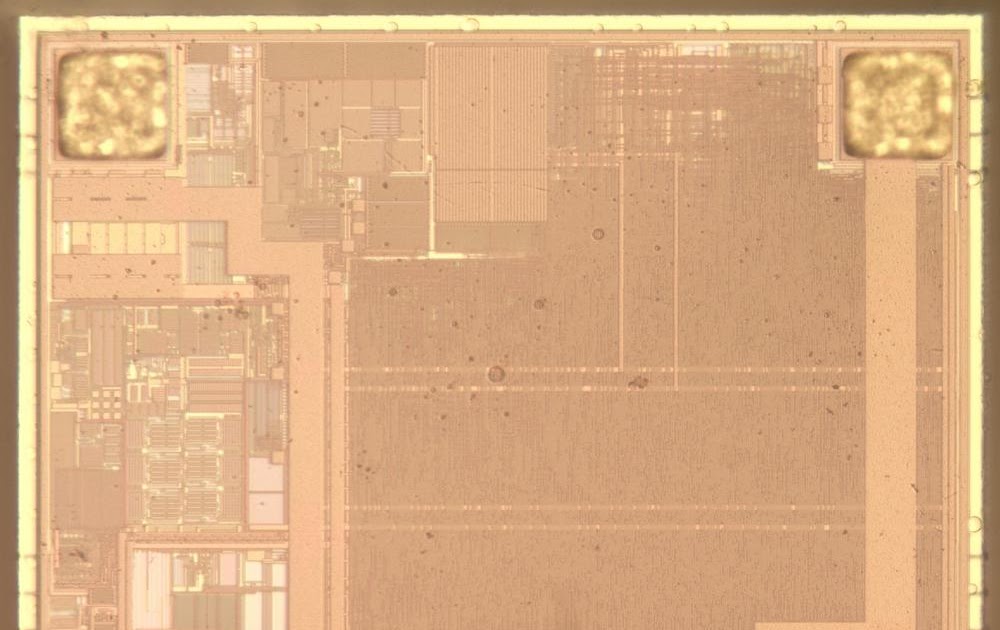To use the Montreal subway (the Métro), you tap a paper ticket against the turnstile and it opens. The ticket works through a system called NFC, but what’s happening internally? How does the ticket work without a battery? How does it communicate with the turnstile? And how can it be so cheap that you can throw the ticket away after one use? To answer these questions, I opened up a ticket and examined the tiny chip inside.
Here is a link to the Mastadon post where I saw this first, since this link is showing as non-secure.
https://mastodon.world/@[email protected]/112666771797972297
Thank you for the link! Always had only a vague understand of NFC communication.
Yeah, really appreciated that thorough breakdown!
I think it’s more accurately to call it RFID rather than NFC. It operates on the range of frequencies that NFC also uses but this particular application (access ticket) doesn’t require any NFC features. So I doubt they went and made the readers NFC and took the penalties (such as the greatly reduced reading distance) for no practical reason.
As a simple rule of thumb, if the ticket works from more than 5cm away it’s most likely not NFC.
If you can use your smartphone instead of a ticket then it’s NFC.
But can it run doom?
I’m fairly sure the entire universe is a mass of computronium that’s there for the sole purpose of running Doom.
Maybe I’m gate keeping, but RFID technology is… old. Does this belong here?




